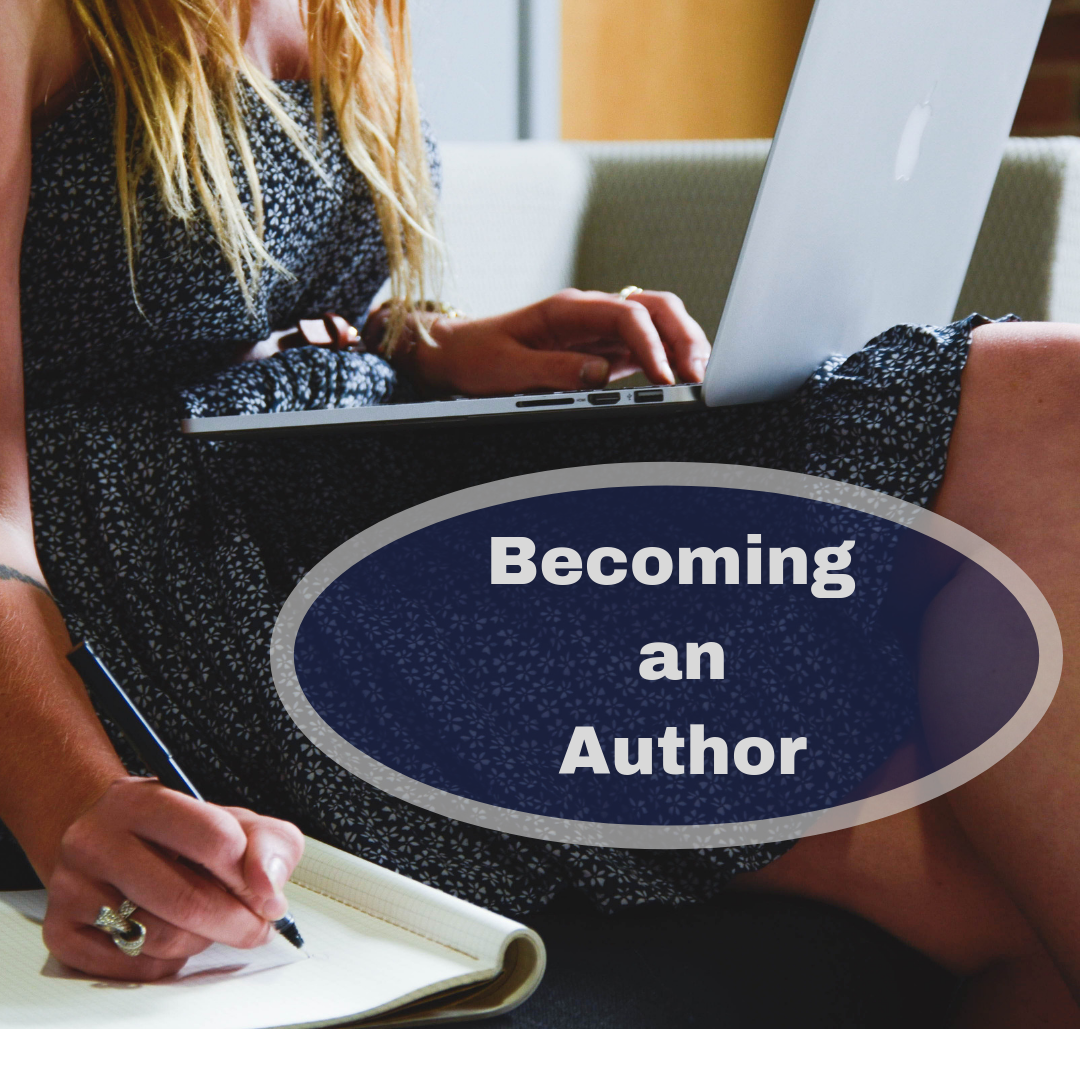
Fantasy-Sci-Fi
A proven process for dealing with Rejection
The long-awaited email from the agent arrives. With a trembling hand, you open it. Polite greeting, generic praise and…
March 7, 2021
The long-awaited email from the agent arrives. With a trembling hand, you open it. Polite greeting, generic praise and…
March 7, 2021
As an actress, I’ve always been fascinated with the many ways in which the craft of acting can compare…
September 9, 2020
Covid-19 has had the world on lockdown since March and we’ve all made adjustments to our lives—life as we…
May 29, 2020
“You are the God who sees me.” ~ Hagar Genesis 16:13 (NIV) Rejection. Every writer is familiar with it.…
May 3, 2020
I’ve bumped into an old acquaintance again. It’s name is failure. Far too often I’ve kept company with this…
May 2, 2019